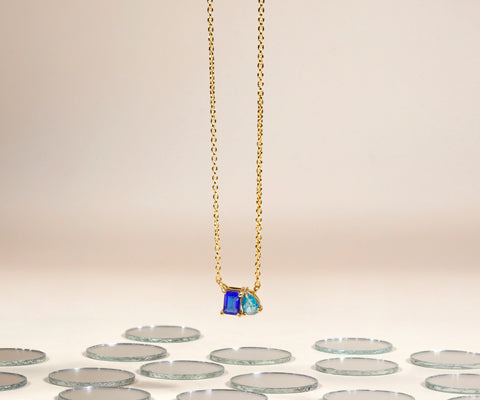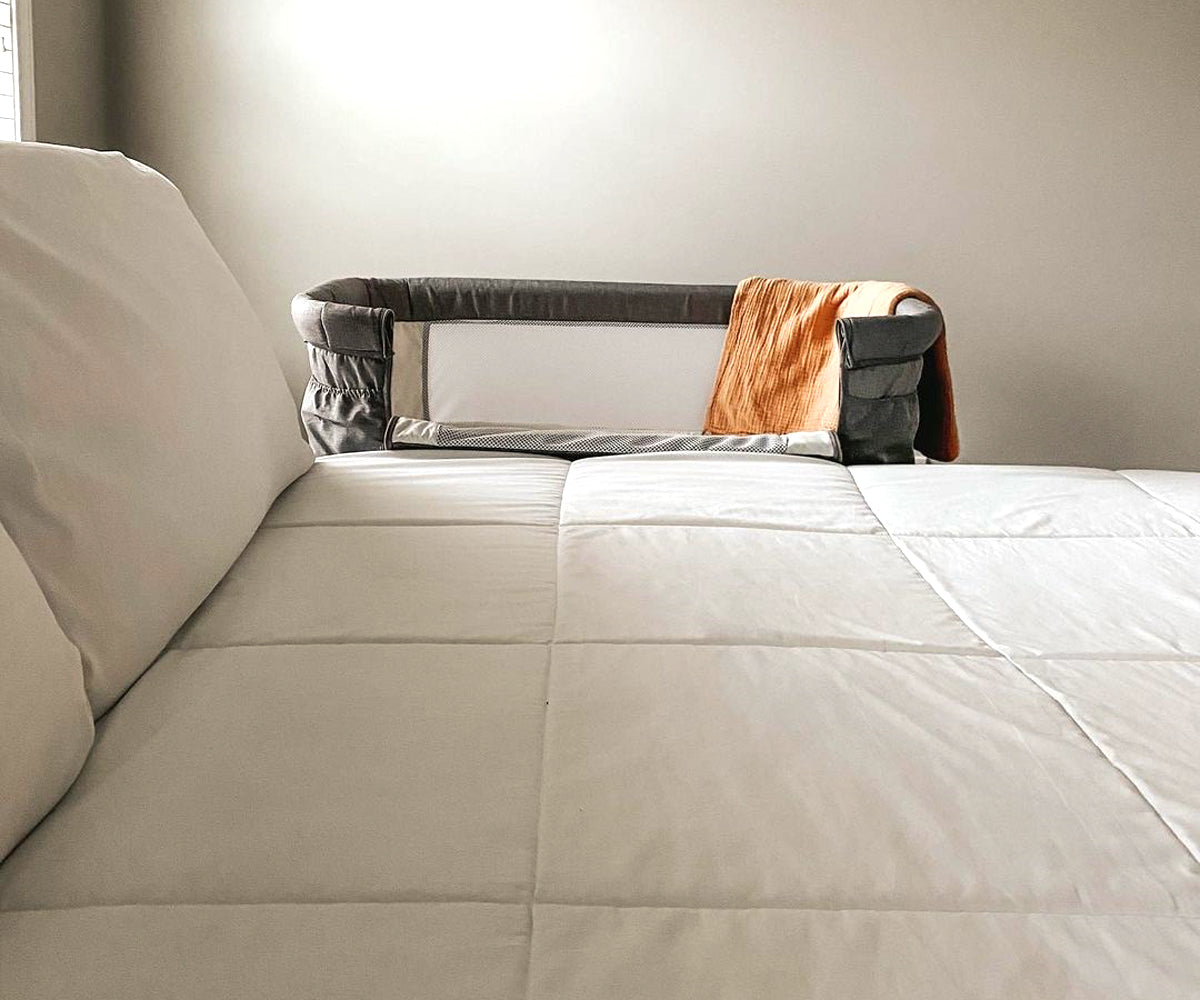1. Understanding the Importance of Caring for Bed Sheets
Taking care of your bed sheets is not just about aesthetics or comfort; it also plays a significant role in your overall well-being. Clean bed sheets help reduce allergens, prevent skin irritation, and contribute to better sleep quality.
When sheets are well-maintained, they’re less likely to wear out quickly, saving you money in the long run. Plus, they’ll feel much nicer against your skin, adding to the overall sleep experience.
Key Points to Remember:
- Clean sheets contribute to better health.
- Proper care extends the life of your sheets.
- Well-maintained sheets enhance sleep quality.
2. Choosing the Right Bed Sheets
The first step in taking care of your bed sheets is selecting the right type. Not all bed sheets are created equal; they come in various materials, thread counts, and weaves, each requiring specific care.
Material: The material of your bed sheets will determine how you care for them. Cotton sheets are the most common and easy to care for, while linen sheets require more delicate handling. Silk sheets are luxurious but demand specialized care, and flannel sheets are perfect for winter but can pill if not washed properly.
Thread Count: A higher thread count usually means a softer sheet, but it also means the sheets are more delicate. Sheets with a thread count of 200-400 are generally durable and soft, while those with a thread count above 600 need extra care to maintain their quality.
Weave: The weave of the fabric, such as percale or sateen, affects the feel and durability of the sheets. Percale sheets are crisp and cool but may wrinkle easily, while sateen sheets are soft and smooth but can snag if not handled properly.
3. How Often Should You Wash Your Bed Sheets?
Washing frequency is crucial in maintaining the freshness and longevity of your bed sheets. While there’s no one-size-fits-all answer, a general rule of thumb is to wash your sheet sets every one to two weeks. However, this can vary based on several factors.

Personal Habits: If you shower before bed, you might stretch to two weeks. But if you sweat a lot at night or sleep with pets, weekly washing is recommended.
Health Conditions: Individuals with allergies, asthma, or sensitive skin should wash their sheets more frequently to minimize exposure to allergens.
Seasonal Changes: During warmer months, you may need to wash your sheets more often due to increased sweating.
Also Read: Why Organic Cotton Bedding is Considered the Best Option
4. Best Practices for Washing Bed Sheets
Proper washing is key to preserving the quality and comfort of your bed sheets. Here are some tips to ensure your sheets stay in top condition:
Use Cold or Warm Water: Hot water can damage the fibers, especially in delicate materials like silk or high-thread-count cotton. Use cold or warm water to preserve the fabric’s integrity.
Mild Detergent: Choose a mild detergent that is free of harsh chemicals. Strong detergents can break down fibers over time, reducing the lifespan of your sheets.

Avoid Fabric Softeners: While fabric softeners might make your sheets feel soft initially, they can leave a residue that builds up over time, making sheets less breathable. Instead, add a cup of white vinegar to the rinse cycle to naturally soften your sheets.
Gentle Cycle: Always wash your sheets on a gentle cycle to prevent excessive wear and tear. This is especially important for linen sheets or those with a high thread count.
Don’t Overload the Washer: Give your sheets plenty of room to move in the washer. Overloading can cause them to twist and stretch, leading to premature wear.
5. Drying Your Bed Sheets Properly
Drying your bed sheets correctly is just as important as washing them. Improper drying can lead to shrinkage, wrinkles, and even damage to the fibers.
Low Heat: Dry your sheets on a low heat setting. High heat can weaken the fibers and cause shrinkage, especially in natural materials like cotton and linen.
Remove Promptly: To avoid wrinkles, remove your sheets from the dryer as soon as they’re dry. If you can’t fold them right away, at least shake them out to minimize wrinkles.
Air Drying: If possible, air dry your sheets outside. The fresh air and sunshine can naturally disinfect the sheets and enhance their scent. Just be careful not to leave them out too long, as prolonged exposure to sunlight can fade colors and weaken fibers.
Avoid Overdrying: Overdrying can make your sheets feel stiff and can damage the elastic in fitted sheets. Dry until just dry, and if necessary, finish drying them on a clothesline to reduce dryer time.
Read Related: The Ultimate Guide to Cooling Bedding for Hot Sleepers
6. Ironing and Storing Bed Sheets
Ironing isn’t always necessary, but if you prefer wrinkle-free sheets, it’s best to iron them while they’re still slightly damp. Use a low heat setting for delicate fabrics like silk or a medium setting for cotton.
When it comes to storing your sheets, it’s crucial to ensure they are completely dry before folding them to avoid mold and mildew. Store your sheets in a cool, dry place. If you want to keep them smelling fresh, consider placing a sachet of lavender or another dried herb in your linen closet.
Folding Tip: To keep your linen closet organized and your sheets wrinkle-free, fold each sheet set together. Place the fitted sheet, flat sheet, and one pillowcase inside the other pillowcase, creating a neat package that’s easy to grab when you need it.
7. Dealing with Stains
No matter how careful you are, stains happen. Whether it’s from a midnight snack, a spilled drink, or an accident, here’s how to handle stains on your bed sheets:
Act Quickly: The sooner you treat a stain, the easier it will be to remove. Blot (don’t rub) the stain with a clean cloth to remove excess liquid.
Pre-Treat: Use a stain remover or a mixture of water and mild detergent to pre-treat the stain before washing. For bloodstains, cold water is essential as hot water can set the stain.
Wash as Usual: After treating the stain, wash the sheets following the care instructions for the material. If the stain persists, repeat the process before drying, as drying can set the stain permanently.
8. Tips for Special Fabrics
Cotton Sheets: Cotton sheets are durable and can withstand regular washing. They soften over time, but to maintain their texture, avoid high heat during drying.
Linen Sheets: Linen is breathable and ideal for warm climates. However, linen sheets are prone to wrinkles and require gentle handling. Air dry them whenever possible to avoid damage.
Silk Sheets: Silk sheets are luxurious but delicate. They should be hand-washed or washed on a delicate cycle with a gentle detergent. Avoid direct sunlight when air drying as it can fade the fabric.
Flannel Sheets: Flannel sheets are perfect for colder months. To prevent pilling, wash them inside out on a gentle cycle and avoid high heat during drying.
9. Rotating Your Sheets
To extend the life of your bed sheets, it’s a good idea to have multiple sets that you can rotate. This way, you’re not washing and using the same set repeatedly, which can cause them to wear out faster. Ideally, you should have three sets per bed: one on the bed, one in the laundry, and one in the closet.
Seasonal Rotation: You might also consider rotating your sheets seasonally. For instance, use lightweight cotton or linen sheets in the summer and switch to flannel or silk sheets in the winter.
10. When to Replace Your Bed Sheets
Even with the best care, bed sheets won’t last forever. Here are signs it might be time to replace them:
Fabric Thinning: If your sheets are becoming thin or transparent in some areas, it’s a sign they’re worn out.
Fraying or Holes: Fraying edges or small holes indicate the fabric has weakened beyond repair.
Loss of Elasticity: For fitted sheets, if the elastic no longer holds snugly around your mattress, it’s time for a new set.
Permanent Stains: If stains or discolorations remain after several washes, it might be time to replace your sheets.
11. Eco-Friendly Bed Sheet Care
Taking care of your bed sheets in an eco-friendly way not only helps the environment but can also be gentler on the fabrics, making them last longer.

Cold Water Washes: Washing your sheets in cold water saves energy and is less harsh on the fabric.
Air Drying: Whenever possible, air dry your sheets. This reduces energy consumption and is kinder to the fabric.
Natural Detergents: Use eco-friendly detergents that are free from harsh chemicals and toxins.
Repair Instead of Replace: If your sheets have small tears or loose hems, consider mending them instead of buying new ones.
When shopping for sustainable sheet sets, crib sheets, and pillowcases at All Cotton and Linen Online Store, look for items crafted from organic cotton, bamboo, or other eco-friendly materials. Prioritize products certified by reputable organizations such as GOTS (Global Organic Textile Standard) or OEKO-TEX, which ensure the fabrics are free from harmful chemicals and produced with minimal environmental impact.
Check for details on the store’s commitment to ethical manufacturing practices and consider options that offer durability and comfort, ensuring that your choices are both gentle on the planet and on your skin.













